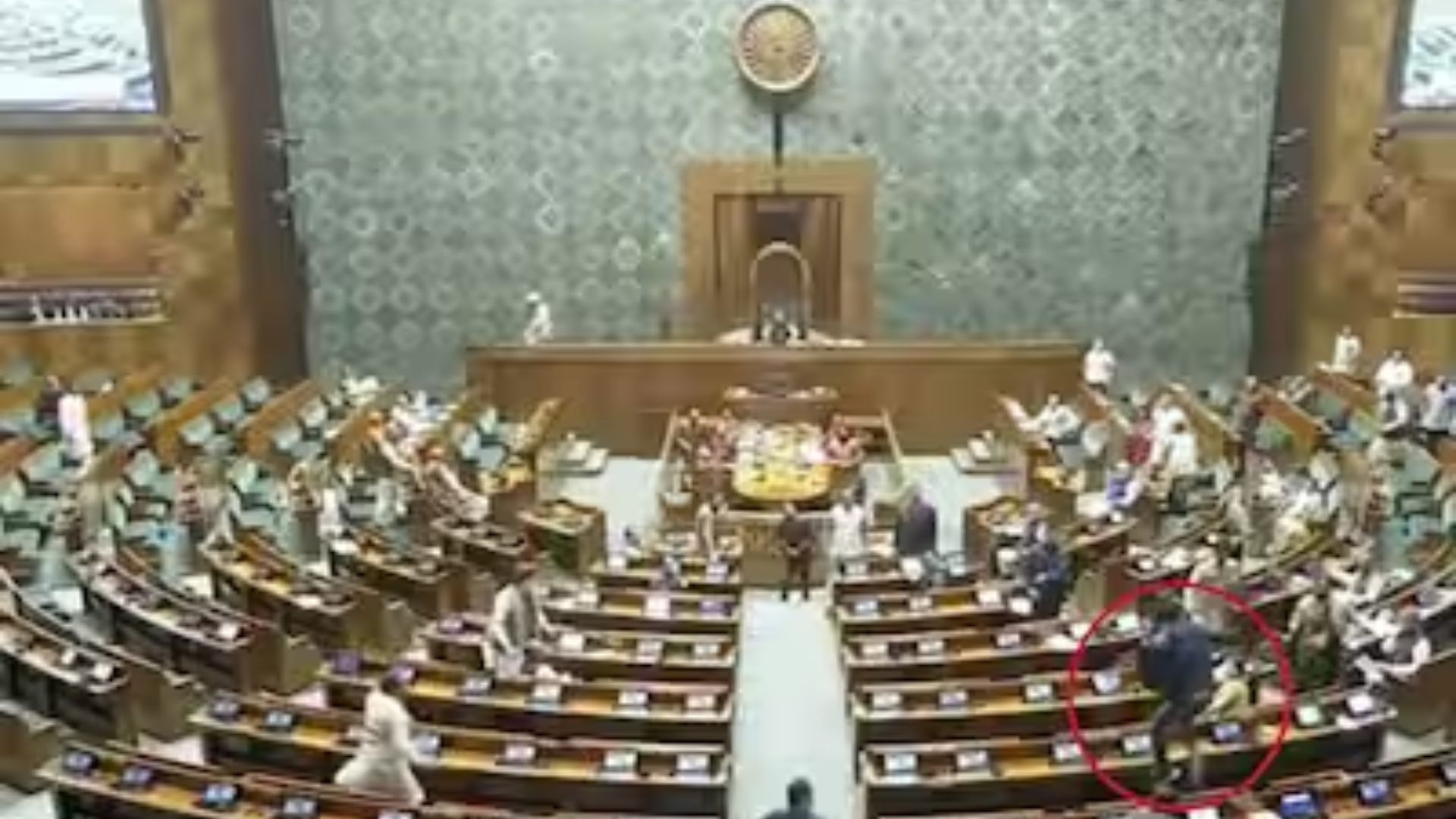Three new criminal laws are aimed at overhauling the whole criminal justice system. The recently enacted Nagarik Suraksha Samhita sets a specific timeline of 30 to 45 days for pronouncing a verdict in a criminal trial. The bill states, “258. (1) After hearing arguments and points of law (if any), the Judge shall give a judgment in the case as soon as possible, within 30 days from the date of completion of arguments, which may be extended to a period of 45 days for reasons to be recorded in writing.”
Currently, the Code of Civil Procedure mandates that courts must “make every endeavour” to pronounce a verdict within 30 days from the date on which the hearing of the case concluded. It also establishes an outer time limit of 60 days for courts to pronounce a verdict from the conclusion of arguments. Section 353 of the Criminal Procedure Code (CrPC) prescribes that the verdict should be pronounced either “immediately in open court” or “at some subsequent time.”
In 2001, the Supreme Court issued a verdict, reprimanding subordinate courts and recommending a timeline of between six weeks to two months for pronouncing judgments. However, these timelines have often been disregarded.
Both the Supreme Court and various high courts have consistently noted that delays in pronouncing verdicts erode the trust of the common man in the judicial system. In May of this year, a Supreme Court bench issued detailed directions to expedite trials and directed high courts to transfer the trial for “re-hearing” to a different bench if the verdict was not pronounced even six months after the conclusion of arguments.
During the Lok Sabha debate on the bills, Home Minister Amit Shah stated, “Earlier, there was a significant time gap between the judgment and the sentence. We have ensured to reduce this.”
Moreover, the Bharatiya Nagarik Suraksha Sanhita has also established a timeline for discharging persons accused in a case if the complainant fails to appear in court. “272. When the proceedings have been instituted upon complaint, and on any day fixed for the hearing of the case, the complainant is absent, and the offence may be lawfully compounded or is not a cognizable offence, the Magistrate may, after giving thirty days’ time to the complainant to be present, in his discretion, notwithstanding anything hereinbefore contained, at any time before the charge has been framed, discharge the accused.”
The existing CrPC does not specify timelines for issuing notice to the complainant or initiating the procedure for discharging the accused in such situations. Under the CrPC, the procedure and timelines are left to the discretion of the magistrate.
The three bills passed in the Lok Sabha—Bharatiya Nyaya Sanhita, Bharatiya Nagarik Suraksha Sanhita, and Bharatiya Sakshya Sanhita—aim to replace the Indian Penal Code, the Code of Criminal Procedure, and the Indian Evidence Act, respectively.

















